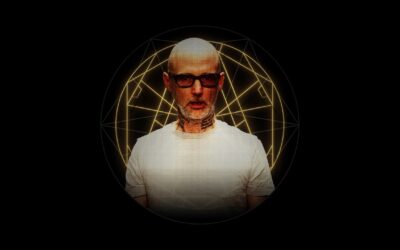From Anxiety to Euphoria: How EDM Helps People Overcome Mental Health Challenges
In the vibrant and pulsating world of Electronic Dance Music (EDM), where beats per minute are high and bass drops electrify the soul, a surprising narrative is emerging. Beyond the dazzling lights and thumping rhythms, EDM is becoming a beacon of hope for many grappling with mental health challenges. This genre, often associated with ecstatic festivals and night-long parties, is carving a significant niche in the realm of mental health support. This article explores how EDM is helping people transition from anxiety to euphoria, shedding light on the profound impact it has on mental well-being.

The Emotional Landscape of EDM
The Science Behind the Sound
Community and Connection
Personal Stories of Transformation
The impact of EDM on mental health is not just theoretical; there are countless personal stories of transformation. Take, for instance, the story of Jane, a young woman who struggled with severe anxiety and depression. She found solace in EDM, particularly in the music of artists like Avicii and Tiësto. The lyrics and melodies spoke to her in ways traditional therapy never had. Attending her first EDM festival was a turning point. Surrounded by thousands of people who were all there to celebrate life and music, she felt a connection and joy she had never experienced before. This sense of community and the emotional highs of the music helped her manage her symptoms and find a new zest for life.
EDM and Mindfulness




